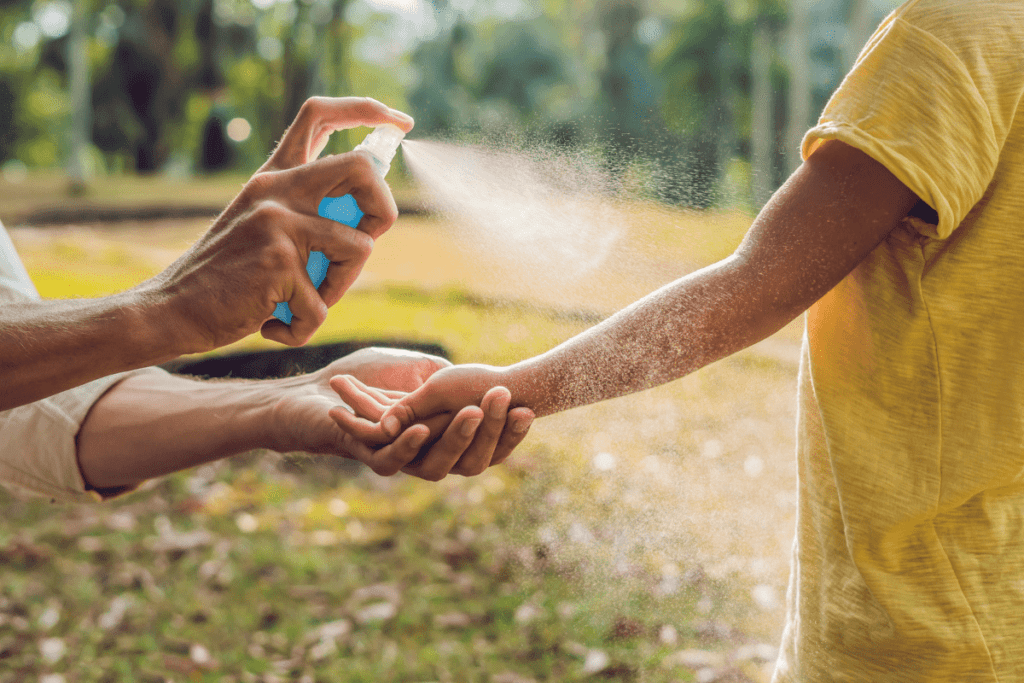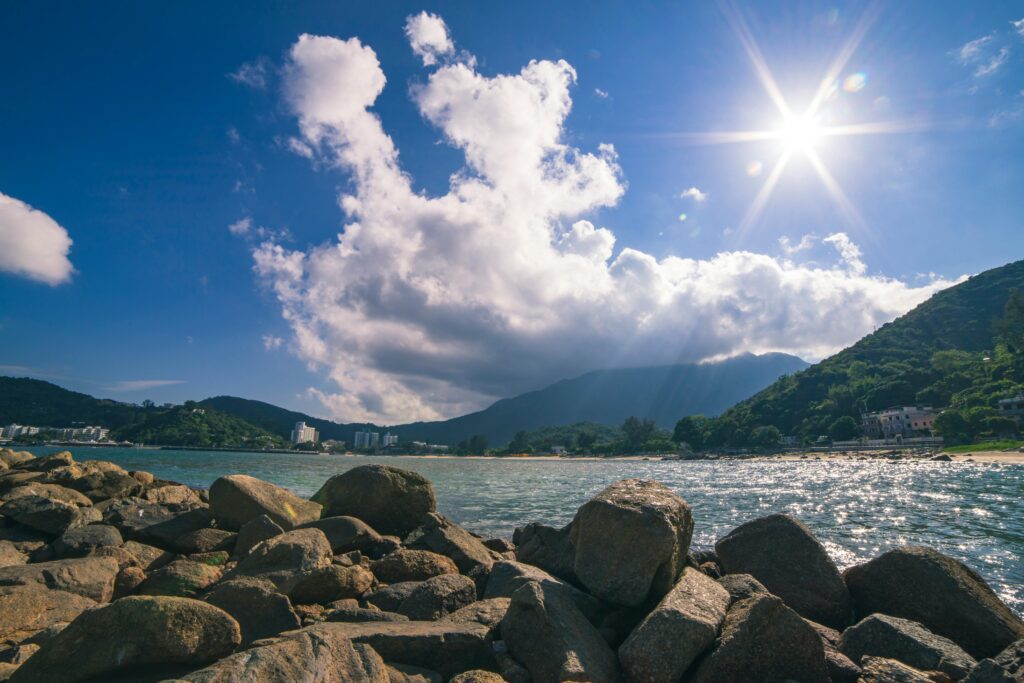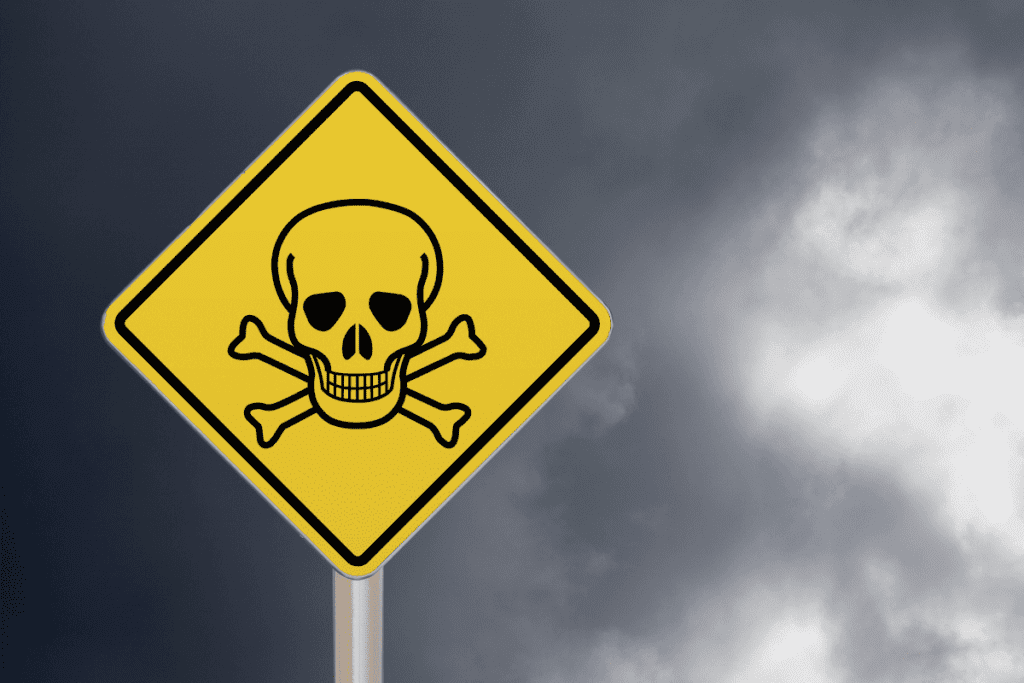Summer is the perfect time to explore the great outdoors, and there’s no better way to do that than a camping trip!
If you’re planning to go camping in the near future with your friends and family, make sure something unwelcome doesn’t sneak into your backpack: toxic chemicals. Some products people use while camping contain ingredients that are not only toxic to the environment, but are linked to negative human health impacts like cancer and hormone disruption.
Don’t worry, though. We’ve got you covered! We have some tips to help you pack for your next camping trip and reduce your family’s and the environment’s exposure to toxic chemicals.
Keeping the bugs at bay
Bugs are unavoidable when you’re in the woods. But there are a few things you can do to reduce the amount buzzing around you. A few chemical-free precautions are: avoid going outdoors 30 minutes before and after dawn and dusk (when mosquitoes are most active), and wear light-coloured long-sleeved shirts and pants (mosquitoes are more attracted to dark colours). If bugs really bug you, you might want to invest in a bug jacket, and mosquito netting for your bed. To help prevent tick bites, tuck your pants into your socks.
If you decide to purchase a repellent, you may be okay with a product that doesn’t contain DEET, especially since there are some safer alternatives such as soybean oil and oil of lemon eucalyptus. Make sure the product you’re using is recommended for the pest in question (for example, not all chemicals that are effective at preventing mosquito-borne disease are recommended for preventing Lyme disease from ticks), and that you’re reapplying as recommended on the product label, since different products have different protection times. Download our new Guide to Insect Repellent for more information and tips to help you keep bugs away.
Staying safe in the sun
Skin cancer has become the most common form of cancer, making it important than ever to stay sun safe while you’re outside.
When you buy sunscreen, take a minute to consider what you’re putting on your skin. Most sunscreens contain chemicals like oxybenzone and octinoxate which can disrupt the body’s hormones. Download our Guide to Sunscreen for tips on how to purchase safer products and use them effectively, so you can be sun smart all summer long.
Making meals, washing dishes and staying clean
Bisphenol A (BPA) has been removed from baby bottles, but it still can be found in other plastic items. You can reduce your exposure to this chemical by packing food in stainless steel containers and by using stainless steel water bottles. If you need to bring plastic containers, read the label to make sure they are BPA-free.
After cooking a feast on the campfire, use non-toxic, biodegradable, phosphate-free soap (many camping stores sell all-purpose biodegradable soap) if you want wash your dishes with soap. And, if you bring any personal care products like shampoo and toothpaste into the woods with you, make sure the products are biodegradable as well, or make your own soap using all natural ingredients.
Whatever you do, steer clear of any products which contain the anti-bacterial chemical triclosan. Environmental Canada declared this chemical to be toxic to the environment in 2012. It breaks down into dioxins (chemicals that are linked to cancer) when exposed to sunlight, pollutes waterways and has been linked to antibiotic resistant bacteria.
Want more tips to help keep reduce your exposure to toxic chemicals, whether you’re inside or outside? Check out our helpful resources and guides.








